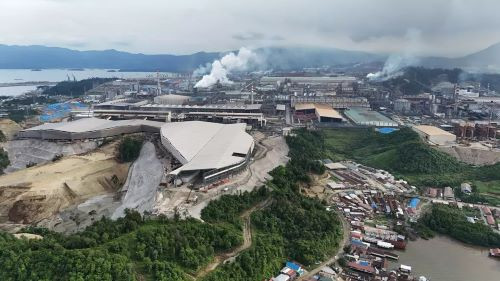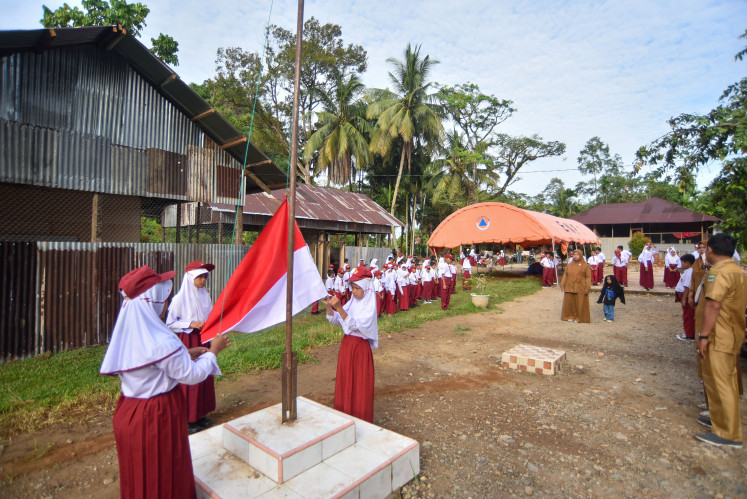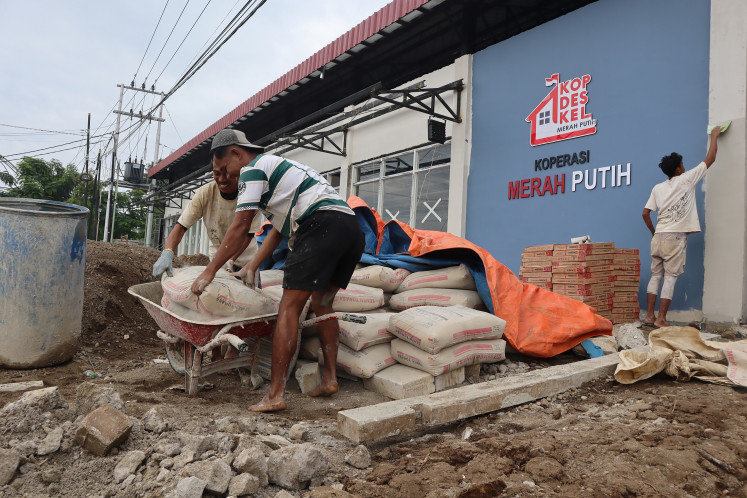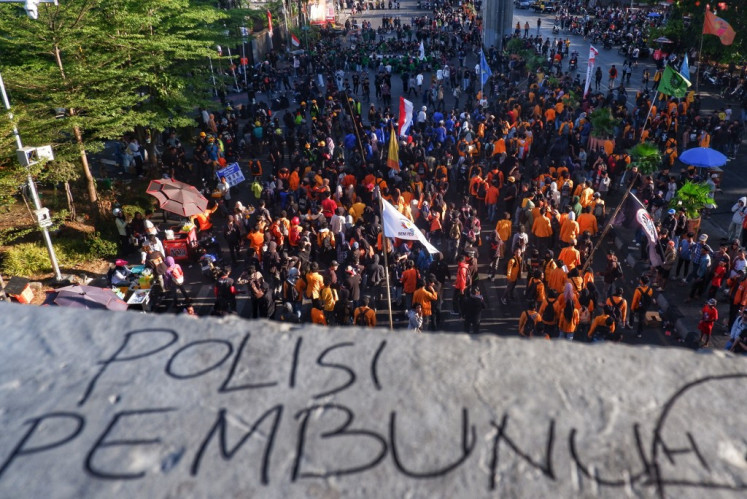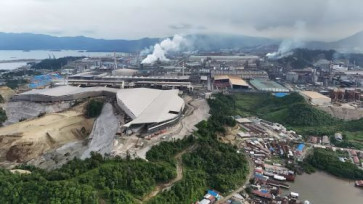Popular Reads
Top Results
Can't find what you're looking for?
View all search resultsPopular Reads
Top Results
Can't find what you're looking for?
View all search resultsThe governance gap in Morowali is a bigger threat than the IMIP airstrip
The IMIP has grown into an almost semiautonomous zone, showing how the state must stay on top of such unchecked developments to fulfill its mandates in ensuring the well-being of both the nation and its people, which necessarily involves securing the environment.
Change text size
Gift Premium Articles
to Anyone
W
hen the issue of an “illegal airport” in the Indonesia Morowali Industrial Park (IMIP) resurfaced in public discourse, the reaction coalesced around a single assumption: that the airstrip served as a covert point of entry for Chinese workers, as if the IMIP had built a clandestine international corridor in the heart of Sulawesi.
Narratives like this spread effortlessly, tapping into public anxieties. But as with many political controversies in today’s digital era, what goes viral is rarely accurate.
First, the status of the IMIP airstrip requires clarification. It is not an international airport, but a private facility built and operated solely for the industrial park’s logistical needs, functioning under a special permit fully authorized by national regulations.
It is not a public airport, nor does it function as an immigration checkpoint. Technically and administratively, it is impossible for international flights to enter Morowali directly; let alone for foreign workers to slip into the country through an air route that bypasses immigration entirely.
Foreign workers, including those from China, must enter Indonesia through designated international gateways, such as Soekarno-Hatta in Greater Jakarta, Ngurah Rai in Bali and Sam Ratulangi in Manado, or other entry points equipped to conduct immigration and security inspections. Worker mobility, whether Indonesian or foreign, leaves an administrative paper trail.
Claims that thousands of Chinese workers are landing secretly in Morowali, evading all state controls, simply lack operational grounding.
However, correcting this misconception does not mean denying the real problems in Morowali. If anything, the clarification allows us to confront a far more consequential issue, one with deeper social, ecological and political implications.

